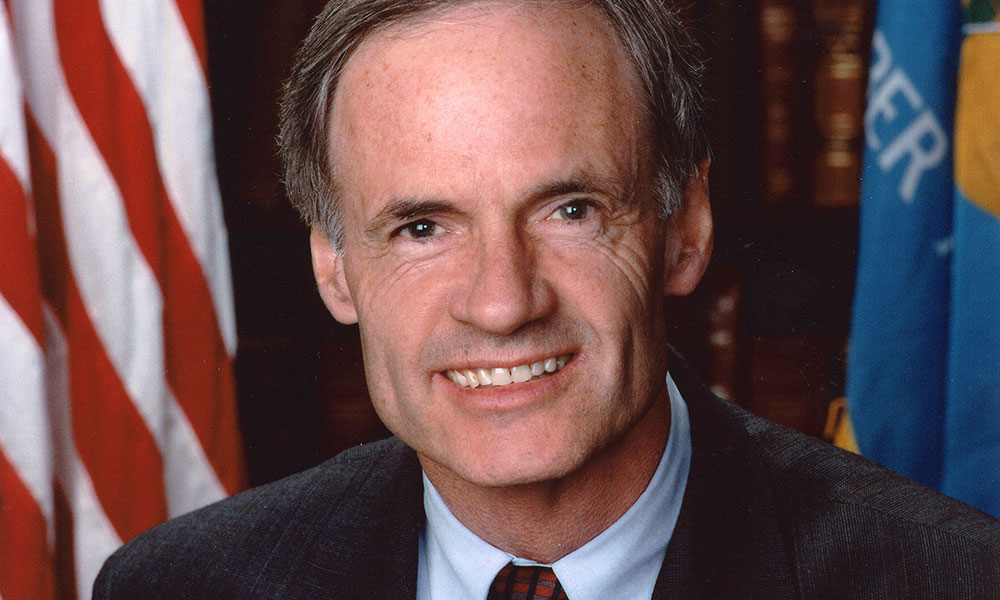
Hearing Spotlights Federal Conference and Travel Spending Reductions
Lawmakers aimed to get a better picture of federal agencies’ current conference and travel spending at a Senate hearing this week.
The Obama administration continues to look for ways to reduce administrative costs and strengthen controls around conference spending but also recognizes the importance of face-to-face meetings as a means of sharing information and facilitating collaboration between the government and the private sector, said witnesses who testified at a Senate Homeland Security and Governmental Affairs Committee hearing this week.
The purpose of Tuesday’s hearing, according to committee Chairman Tom Carper (D-DE), was not to rehash excessive conference spending several years ago by a number of federal agencies, including the General Services Administration, Internal Revenue Service, Department of Veterans Affairs, and Department of Defense. Rather, he said, lawmakers wanted to get a better picture of the current state of agency spending on conferences and travel after the administration instituted new guidance in May 2012.
That guidance, issued by the Office of Management and Budget (OMB), slashed agencies’ travel budgets to 70 percent of 2010 levels and imposed numerous additional limitations and reporting requirements related to conferences. As a result, according to OMB Deputy Director Beth Cobert, agencies in fiscal year 2013 reduced travel costs by $3 billion compared to fiscal year 2010 levels.
Many of the administration’s existing guidance and restrictions on conference spending are included in the omnibus spending measure moving through Congress this week. If passed, these limits on conference spending would become statute.
Beyond abiding by the new spending limits, Cobert said agencies continue to look for ways to use technology to cut conference and travel costs, using conference calls and webinars, for example. At the same time, agencies recognize that convening federal employees and external stakeholders in a single location is sometimes the most efficient and cost-effective means for carrying out government-sponsored activities, she said.
“While the administration has taken important steps to reduce conference spending, it is critical to recognize the important role that conferences play in the federal government,” Cobert said. “Conferences enable the sharing of knowledge among large groups and bring together dispersed communities.”
ASAE and numerous other groups submitted testimony [PDF] for the hearing, expressing concern that conference and travel restrictions could cut off their primary means of communicating and sharing information with the government.
ASAE collaborated with OMB last spring on new guidance clarifying the importance of conferences and providing best practices for managing conference costs in this era of fiscal restraint.
Carper said there is no reasonable justification for the excessive spending that took place at some government conferences several years ago, but ample evidence indicates that the administration has taken steps to manage conference and travel spending in a responsible way.
“I often like to say that in adversity lies opportunity,” Carper said. “However, we must not forget the value of face-to-face meetings amongst agencies and, more importantly, with those who work outside the federal government. When properly planned and managed, conferences serve a legitimate and oftentimes necessary purpose of fostering collaboration and partnerships between government employees, state regulators, academia, and industry.”
Though most lawmakers on the committee expressed satisfaction with the administration’s efforts to curtail spending and boost transparency, its ranking member, Sen. Tom Coburn (R-Okla.), is sponsoring legislation that would further restrict travel and conference spending. ASAE has opposed Coburn’s bill and, in particular, a provision that would limit agency conference attendance to a single conference per organization per fiscal year.
Sen. Tom Carper (D-DE) said during the hearing that progress on conference spending appears to have been made. (U.S. Government photo)






Comments